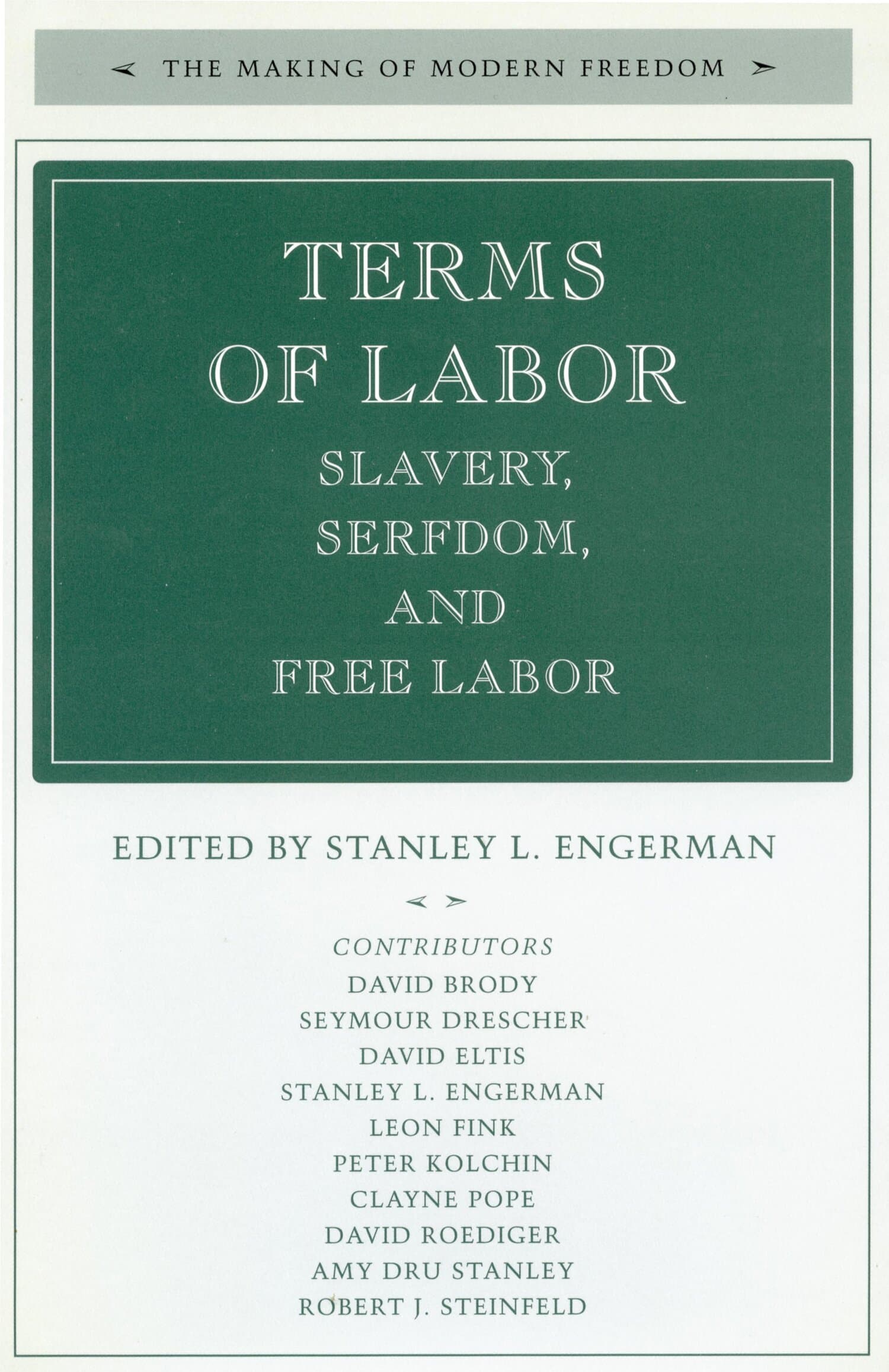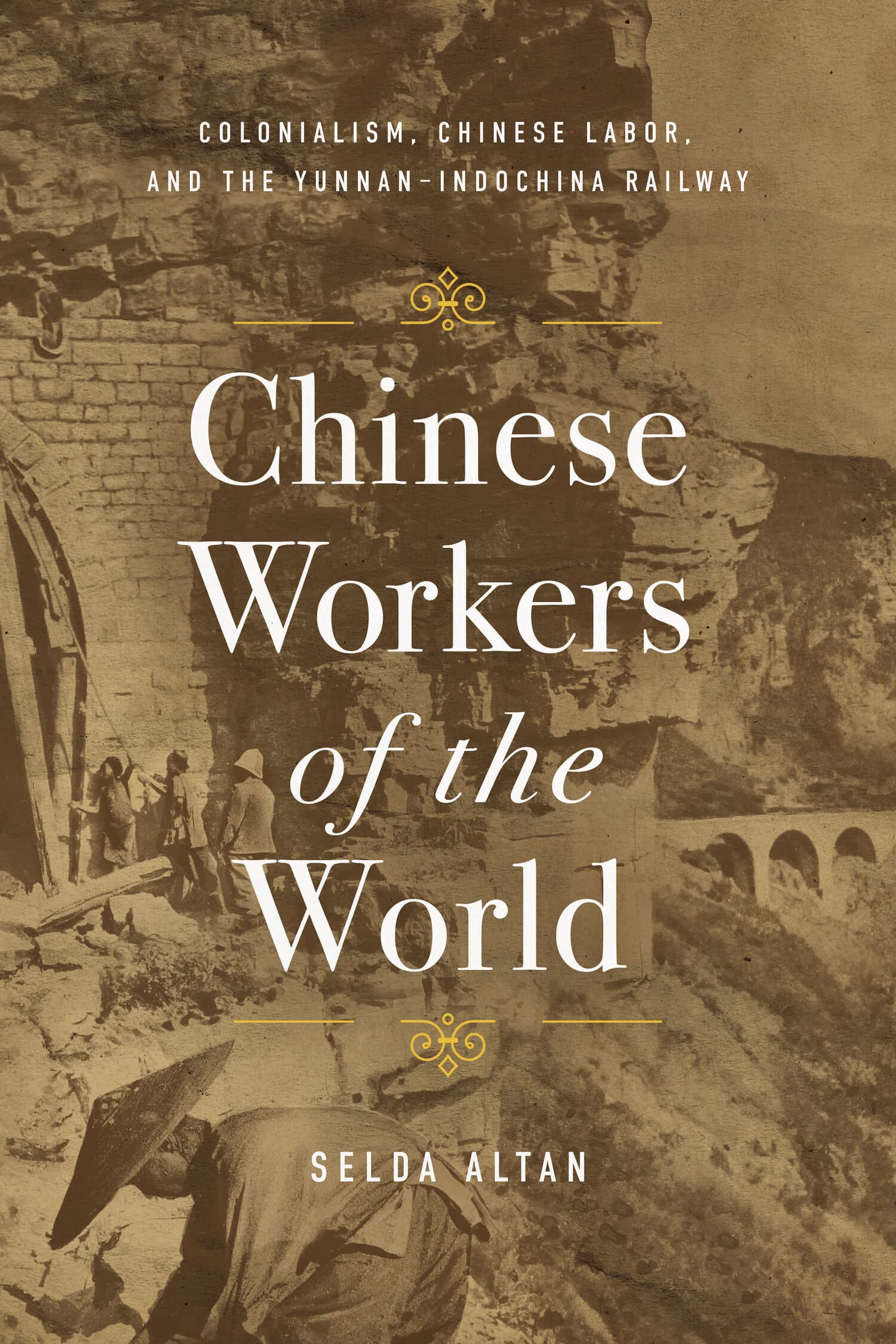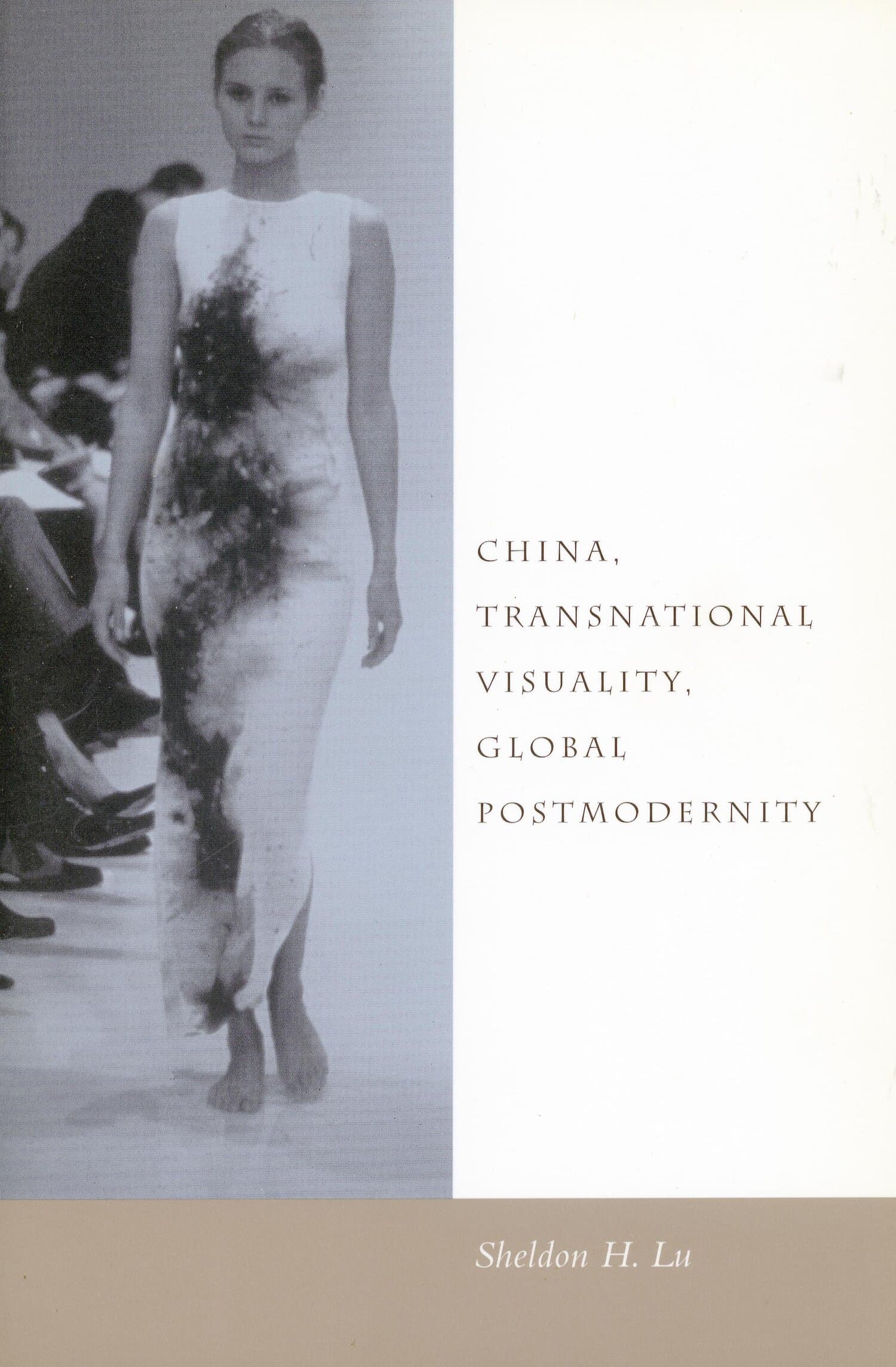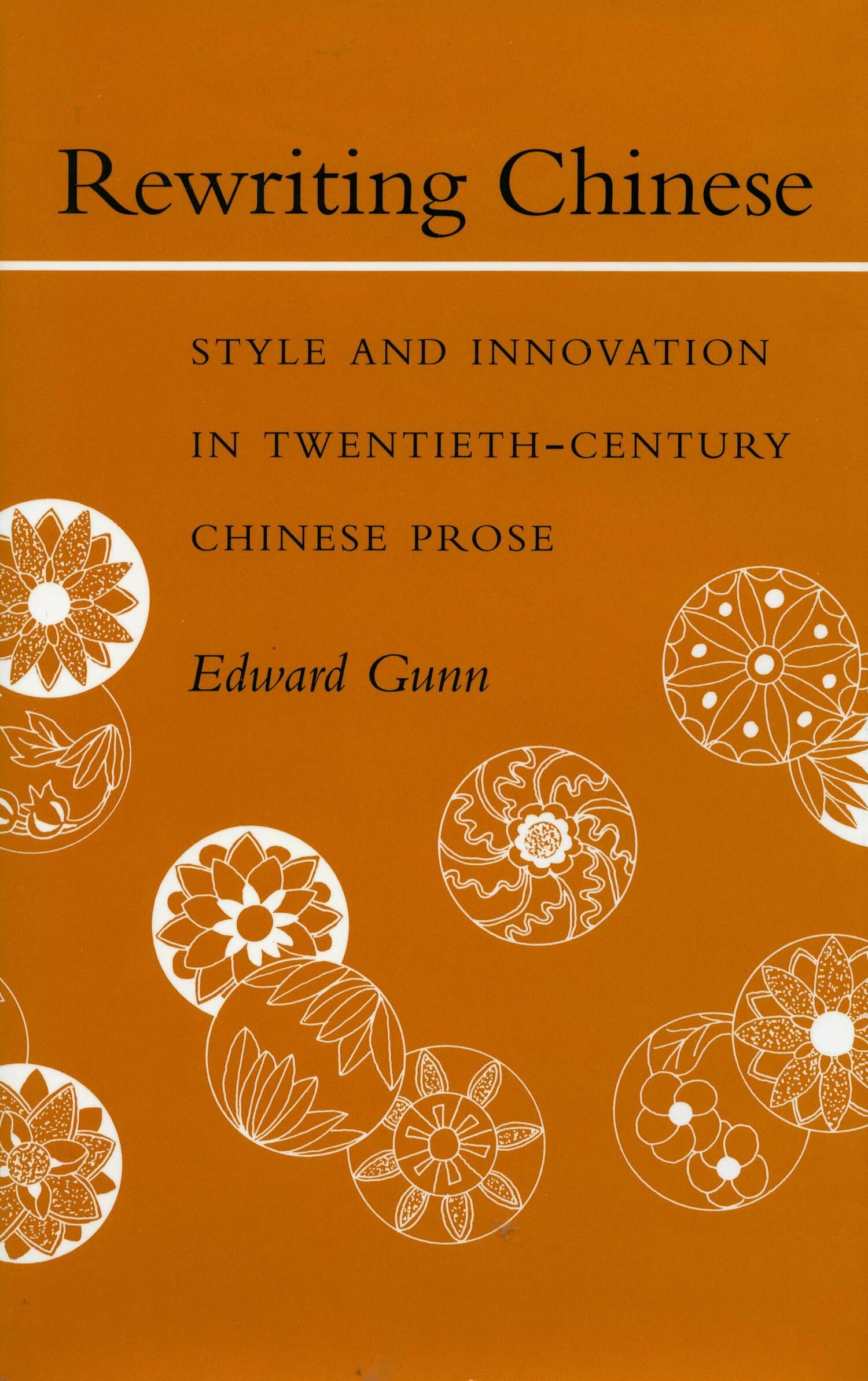The Peculiar Afterlife of Slavery

The Peculiar Afterlife of Slavery explores how antiblack racism lived on through the figure of the Chinese worker in US literature after emancipation. Drawing out the connections between this liminal figure and the formal aesthetics of blackface minstrelsy in literature of the Reconstruction and post-Reconstruction eras, Caroline H. Yang reveals the ways antiblackness structured US cultural production during a crucial moment of reconstructing and re-narrating US empire after the Civil War.
Examining texts by major American writers in the late nineteenth and early twentieth centuries—including Harriet Beecher Stowe, Bret Harte, Mark Twain, Ambrose Bierce, Sui Sin Far, and Charles Chesnutt—Yang traces the intertwined histories of blackface minstrelsy and Chinese labor. Her bold rereading of these authors' contradictory positions on race and labor sees the figure of the Chinese worker as both hiding and making visible the legacy of slavery and antiblackness. Ultimately, The Peculiar Afterlife of Slavery shows how the Chinese worker manifests the inextricable links between US literature, slavery, and empire, as well as the indispensable role of antiblackness as a cultural form in the United States.
"The Peculiar Afterlife of Slavery offers fascinating new insights into minstrelsy as an enduring cultural form. Caroline Yang's nuanced comparative analyses enrich by challenging us to reconceptualize minstrelsy in the development of US literature and our ideas of the 'West.'"—Edlie L. Wong, University of Maryland, College Park
"Yang provides new insights into the role of blackface minstrelsy in the post–Civil War period, particularly in California....Readers should bear in mind that the author's aim is not to explore the personal racism of any given author. Rather, it is to elucidate an evolving system of racial representation deployed across literature and popular culture that underpinned white supremacy, US imperialism, and settler colonialism. Recommended."—J. R. Wendland, CHOICE
"Situating the 'Chinese question' in relation to Reconstruction, The Peculiar Afterlife assiduously documents continuities between the white supremacy of the antebellum South and the racial logics of the frontier... Yang's excavation of the Chinese worker's representational ties to blackface minstrelsy provides a timely illustration of the pervasive and constitutive role of antiblackness in US racial discourses."—Amy C. Tang, The American Literary History Online Review




